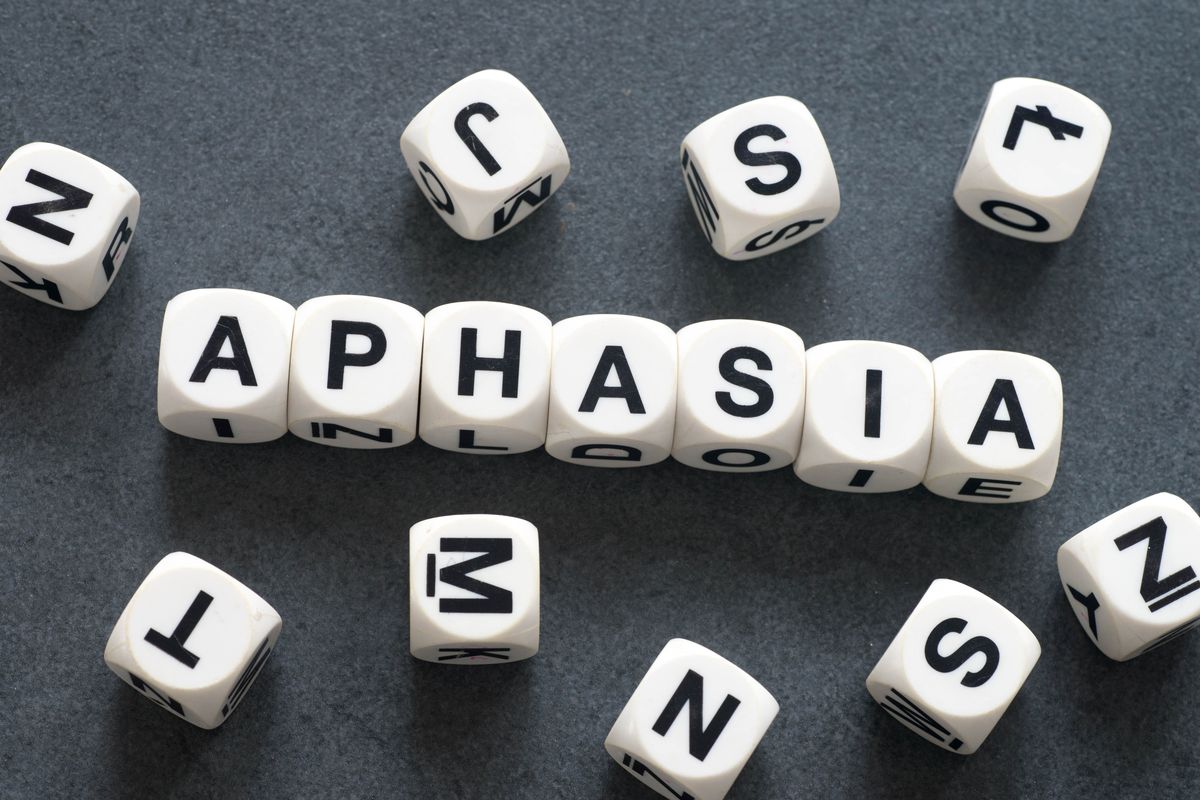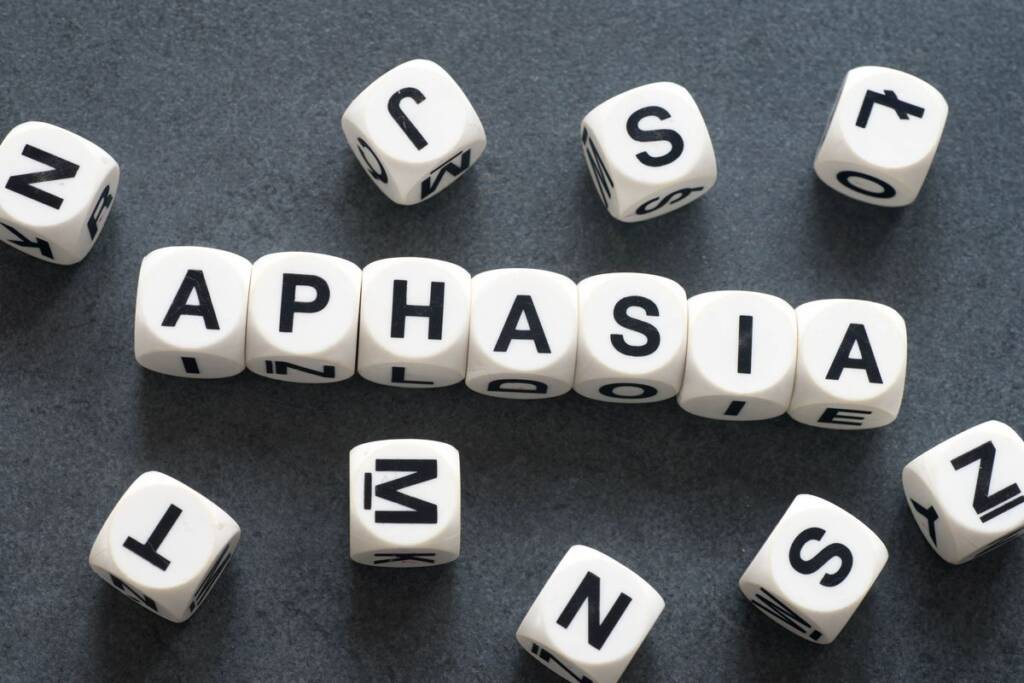Health
Aphasia: what it is, what the symptoms are and what you need to know

Aphasia is a language deficit that can lead to serious communication problems. Let's find out what it looks like and what causes it.
When we talk about aphasia, the meaning is that of an impossibility to express oneself through the word or to understand what is written or said by others. It is therefore a disorder that affects linguistic processing processes and makes it impossible to communicate with others. Generally, this disorder is of the acquired type, as it occurs only after one has learned to communicate, thus representing an important loss for those who experience it.
Aphasia: causes and symptoms
Typically, aphasia can result from damage to the nervous system caused by head trauma, stroke, encephalitis, seizures , and recurrent episodes of migraine with aura . Brain tumors and degenerative diseases can also be at the root of the onset of this disease.

Among the most common symptoms are repetitive language , difficulty reading, inability to find the right word, substitution of one word for another. When these symptoms occur, you should seek immediate medical attention. In case of doubts, there are specific tests that can be carried out: one of these is the Aachen test which aims to understand which disorder exactly one suffers from. There are also other types of tests that must be chosen and performed on the basis of the symptoms encountered. The onset of this disease can occur suddenly or gradually.
Based on the affected area of the brain, various types of this disorder are distinguished: Broca's aphasia, also called expressive aphasia (or motor aphasia) is the one that leads to the partial or total inability to speak or write while it is possible to continue read and understand what you hear. This type of aphasia is probably related to damage in the frontal area of the brain. In contrast, Wernicke's aphasia, also called receptive aphasia is characterized by the inability to understand written and spoken language. While you remain able to express yourself albeit with some errors.
In addition to these two types, there is also global aphasia, which impairs speech comprehension, processing and production. It is certainly the most severe form of aphasia and is due to large lesions on the left side of the brain.
Aphasia should not be confused with dysarthria . Patients suffering from the first could consequently also suffer from the second, but they are two different pathologies. Dysarthria is a pathology that affects the muscles, so patients who suffer from it cannot articulate words, but they understand perfectly what they would like to say and what they are being told.
How to cure aphasia
Aphasia is treatable and can be treated based on the extent of the problem. In this sense, speech therapy is very useful, the only real help against this pathology. Using speech therapists can improve speech and help boost personal communication skills .
Each process is personal and closely linked to the specific problem. It is a therapy that can last even several years, based on the seriousness of the situation. However, a full recovery of the ability to communicate is very rare unless it is extremely mild and barely noticeable.
For this reason, the support of family members is essential for patients, who must be involved in therapy to learn how to communicate better with the aphasic subject. Very often, the aphasic patient uses gestures to try to make himself understood and these must be interpreted. In addition to this, short sentences, images or symbols can also be used.
This pathology has also affected the actor Bruce Willis , who on March 30, 2022 announced his retirement from the stage for this very reason. The 67-year-old actor, as revealed by his family, has completely lost the use of speech and has difficulty understanding what is being said to him.
Riproduzione riservata © - WT











